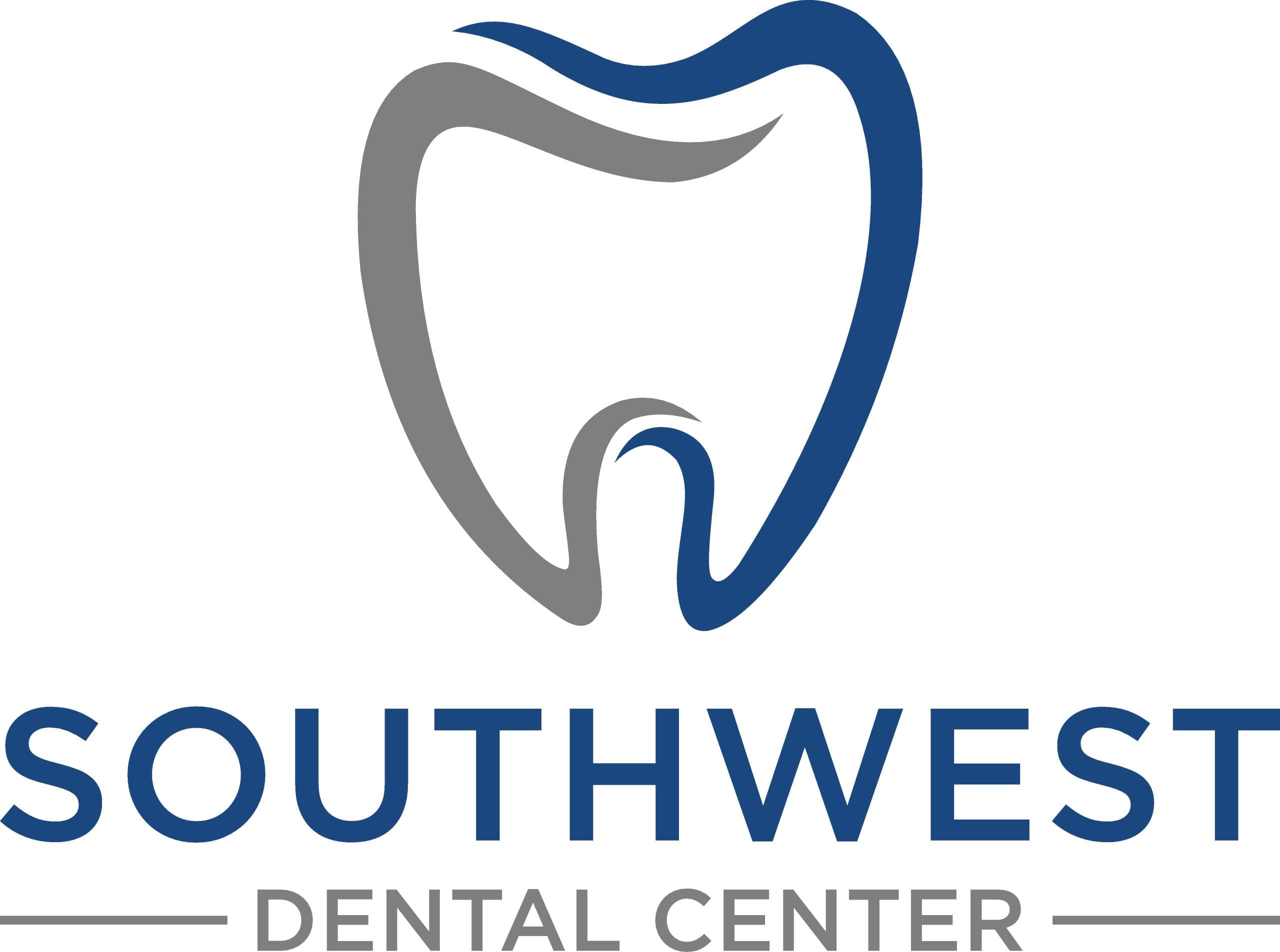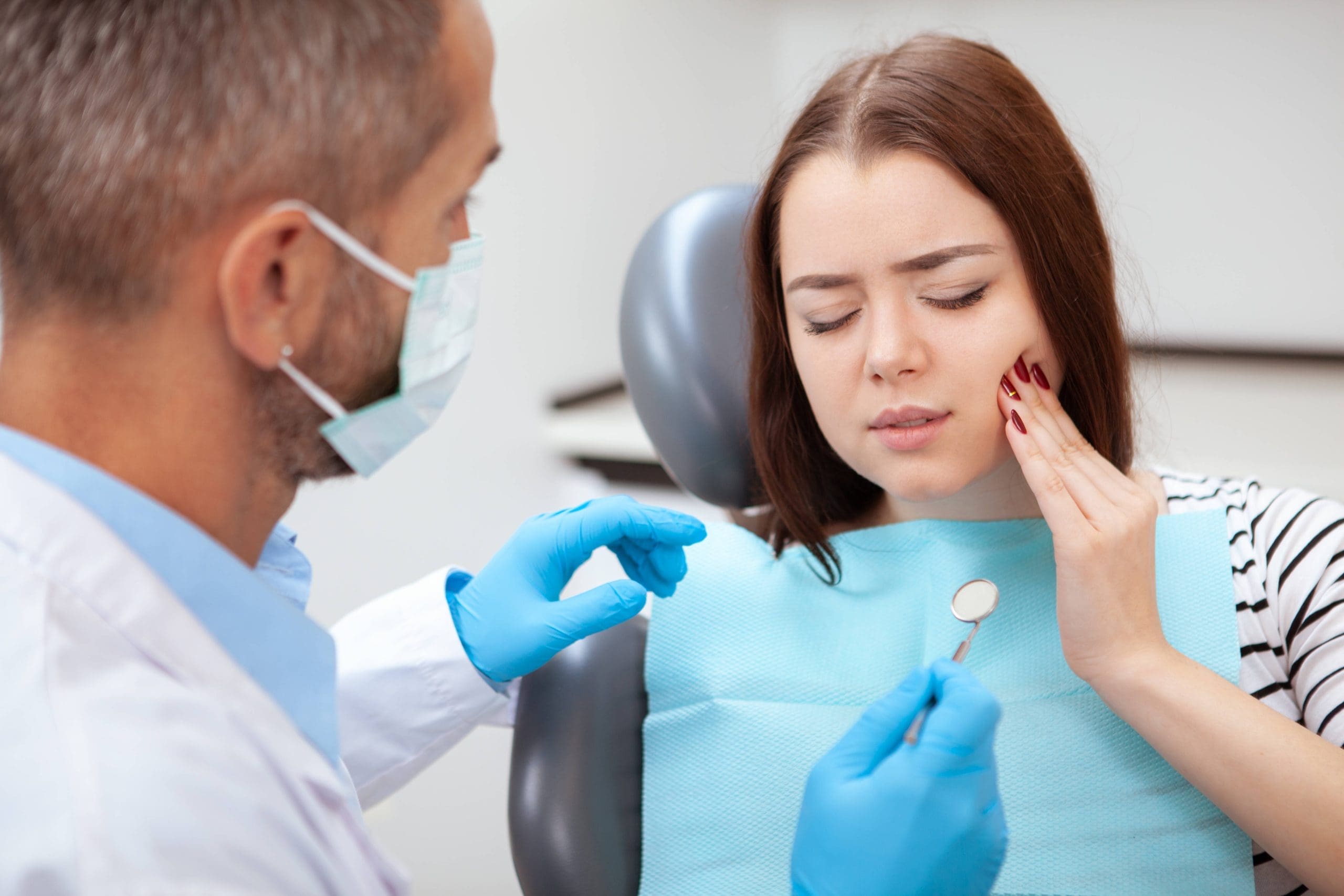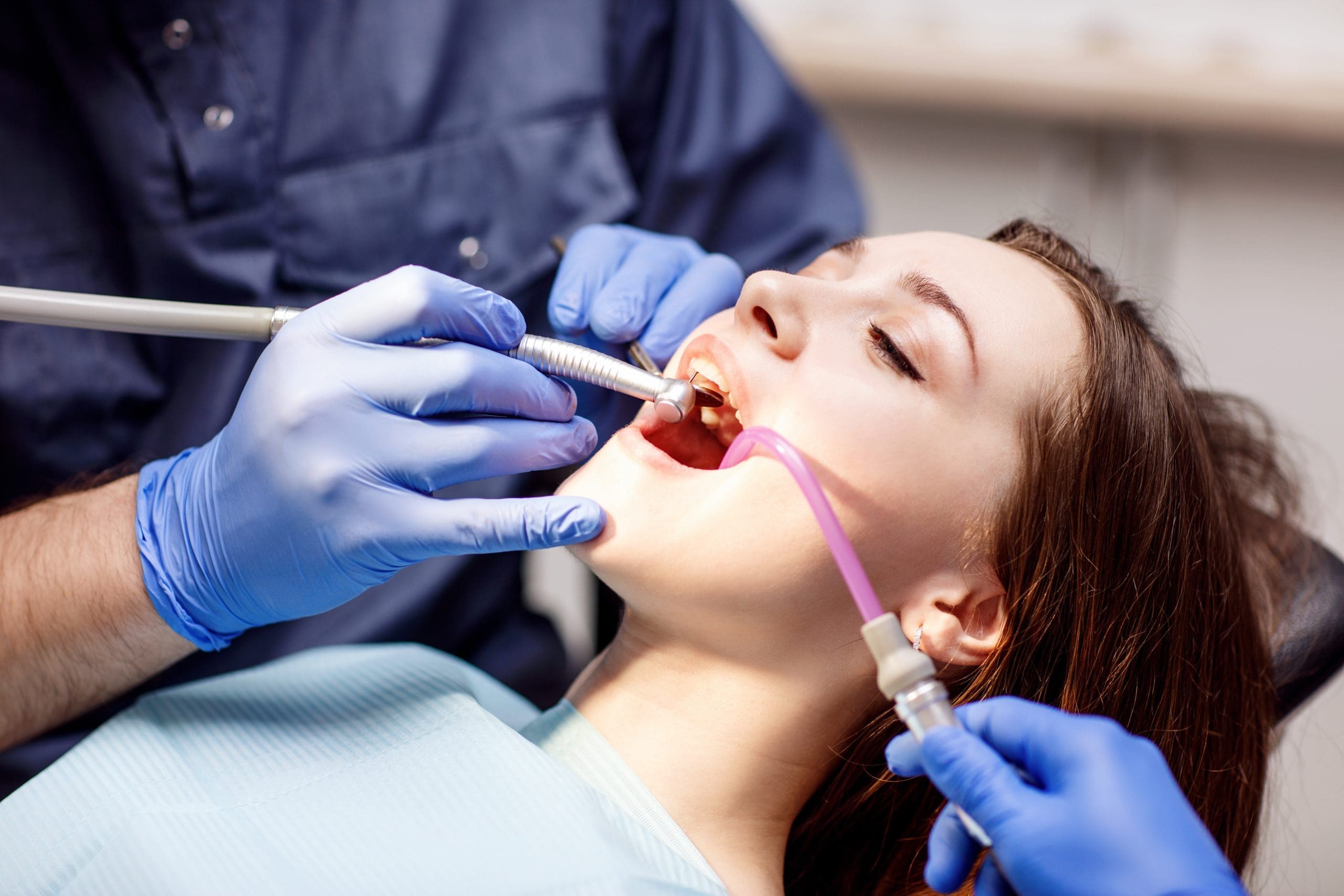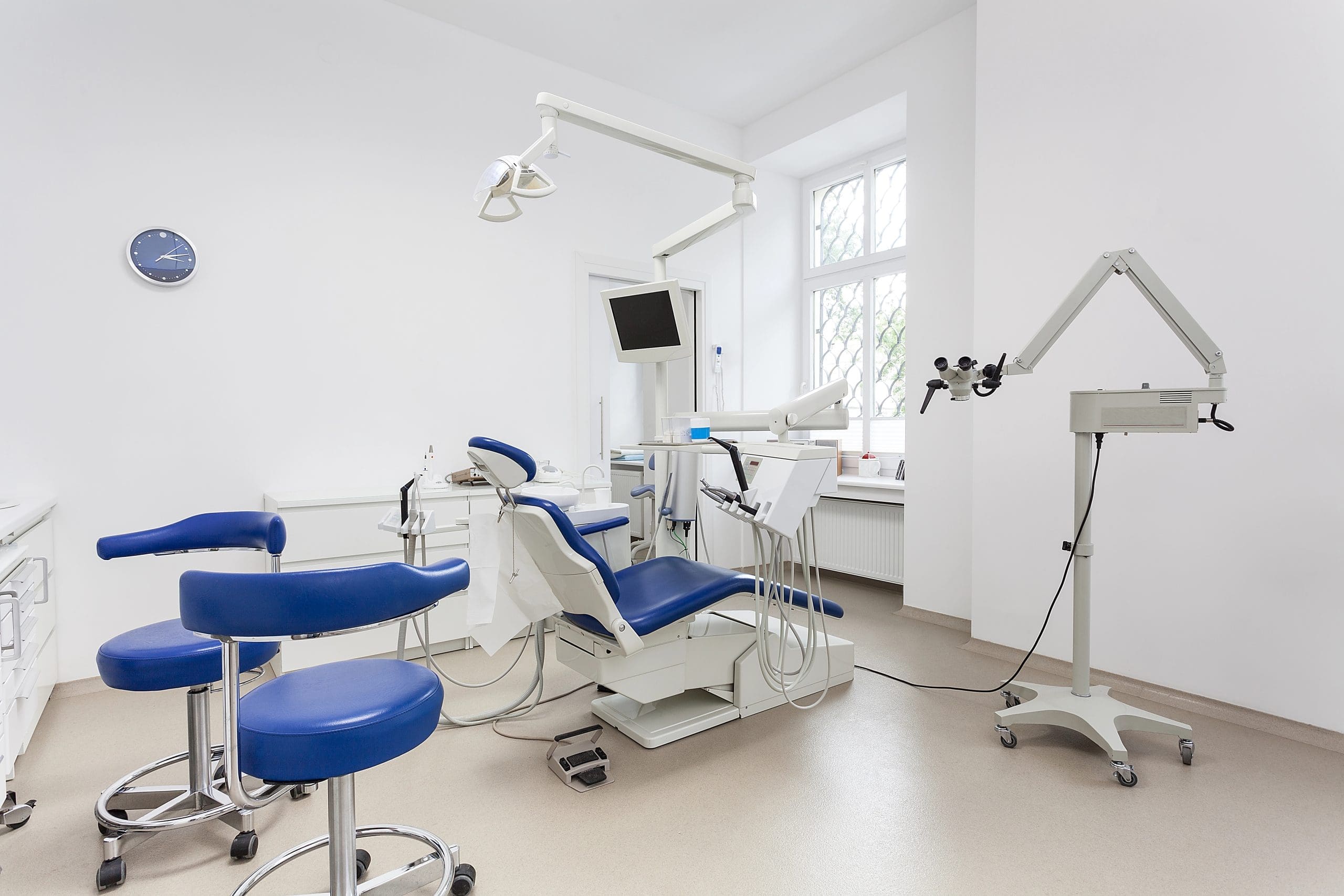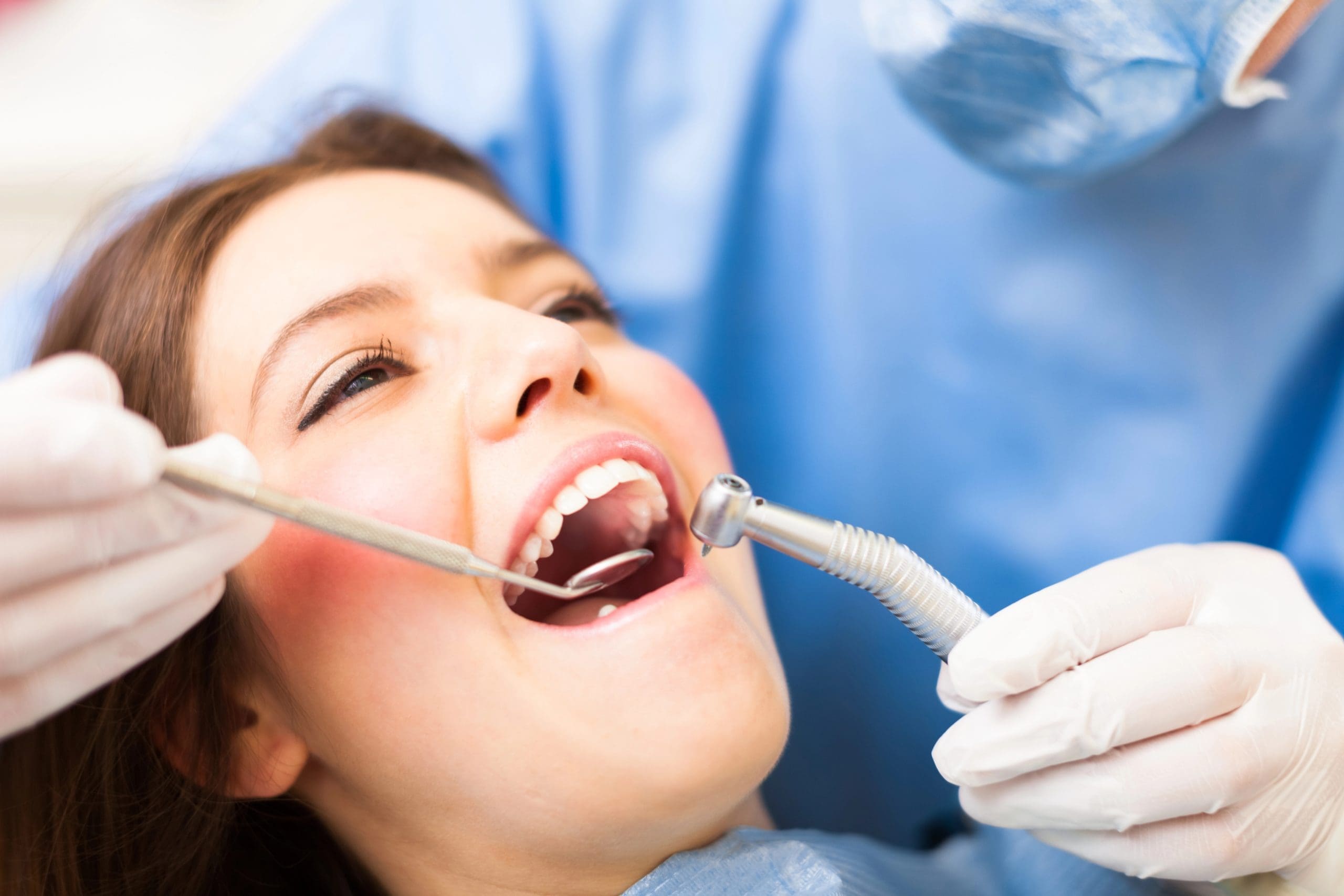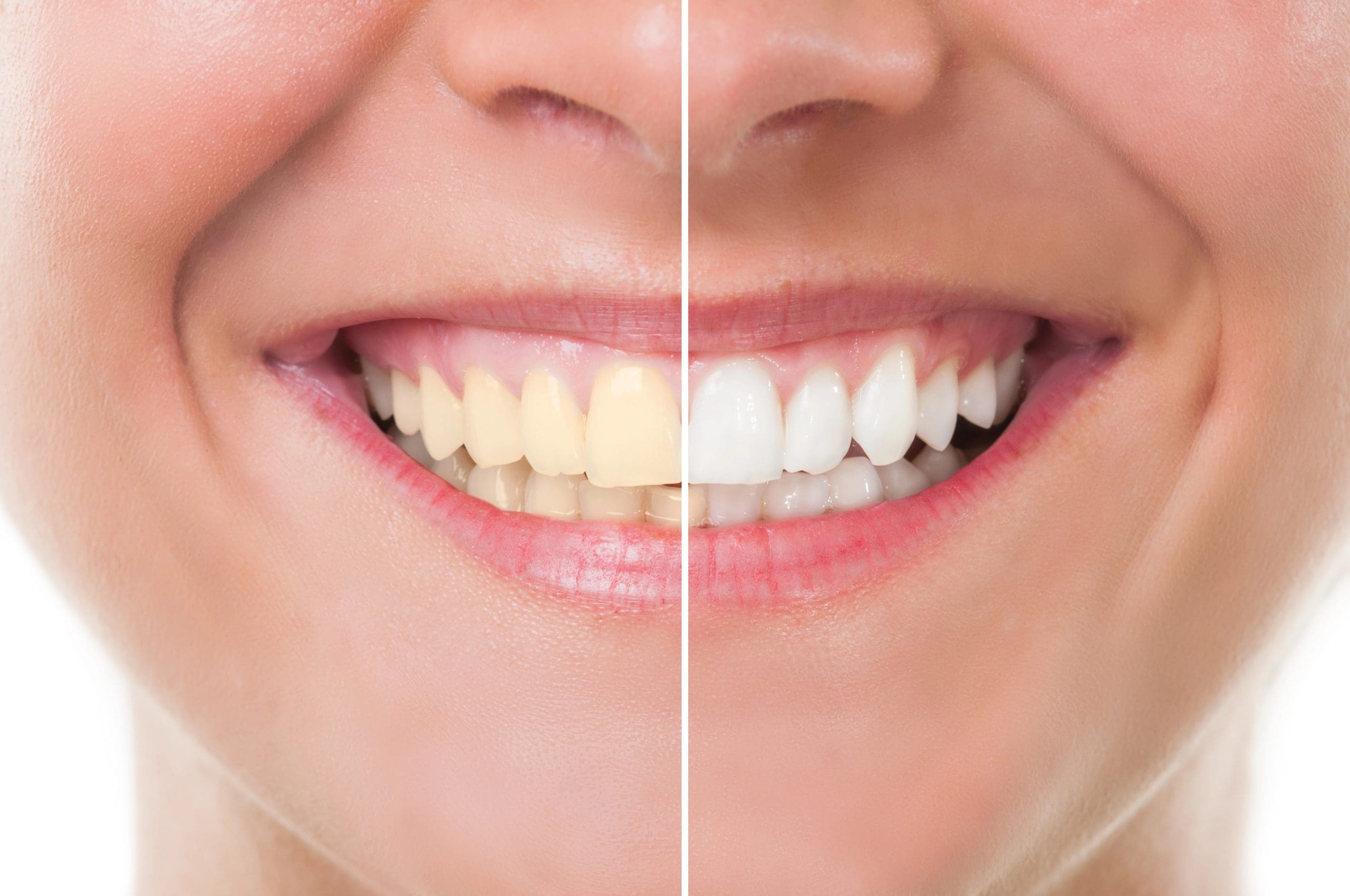Have you ever wondered about the importance of dental exams in maintaining a healthy smile? Regular dental exams are crucial as they help identify any potential issues early, ensuring that your oral health is maintained effectively. These check-ups support the overall longevity and aesthetics of your smile by monitoring changes and developments in your dental health.
Early Detection of Dental Issues
The importance of dental exams cannot be overstated when it comes to maintaining a healthy smile. Regular check-ups allow dentists to identify potential dental problems early on, before they develop into more serious conditions. These exams typically involve a thorough inspection of the teeth, gums, and mouth, which helps in spotting signs of decay, gum disease, and other oral health issues. Early detection is crucial as it can prevent the progression of these conditions, which might otherwise lead to more extensive and costly treatments in the future.
During these examinations, dentists also look for the buildup of plaque and tartar, which are common precursors to many dental problems. Addressing these issues promptly ensures better oral health and contributes to the overall well-being of an individual. For more detailed information on maintaining oral hygiene, consider reading about Plaque Removal Methods You Should Know.
Prevention of Gum Disease
Gum disease, also known as periodontal disease, is a common condition that affects many individuals. It begins with the buildup of plaque, a sticky film of bacteria that forms on the teeth and gums. If not properly managed, this plaque can harden into tartar, leading to inflammation and infection of the gums. Regular dental exams are crucial as they help in the early detection and management of such conditions, ensuring that the gums remain healthy.
Maintaining healthy gums is integral to overall oral health. During a dental exam, professionals assess the health of your gums, checking for any signs of distress or disease. This proactive approach helps in addressing any issues before they escalate into more serious problems. Schedule Your Fort Wayne Dental Exam Today to ensure your gums are in good health.
Maintenance of Oral Hygiene
The importance of dental exams extends beyond just ensuring a bright smile; they are crucial for the maintenance of oral hygiene. Regular dental check-ups help in monitoring the health of your teeth and gums, identifying any early signs of potential issues. By keeping up with these examinations, individuals can maintain their oral health, which is an integral part of overall well-being.
Identification of Oral Cancer Signs
One of the critical aspects covered during dental exams is the identification of oral cancer signs. Regular dental check-ups are essential as they allow professionals to detect early signs of oral cancer, which can be crucial for timely intervention. The importance of dental exams extends beyond just maintaining oral hygiene; they are a proactive measure in safeguarding your overall health. Detecting abnormalities early on, such as lumps, asymmetries, or unusual lesions in the mouth, can be life-saving. For comprehensive dental care, consider visiting Fort Wayne Dentist at Southwest Dental Center Family & Cosmetic Dentistry.
Assessment of Tooth Decay
The importance of dental exams extends beyond just ensuring a bright smile; they are crucial in the assessment of tooth decay. Regular dental check-ups allow professionals to evaluate the health of your teeth and identify early signs of decay, which is essential for maintaining overall oral health. By detecting decay early, further complications can be avoided, underscoring the importance of dental exams in preserving both dental health and general well-being.
Evaluation of Bite and Alignment
One crucial aspect often assessed during dental exams is the evaluation of bite and alignment, which underscores the importance of dental exams for maintaining not just a healthy smile but also overall oral health. Misalignments, also known as malocclusions, can lead to a variety of issues, including jaw pain, difficulty in chewing, and even speech impediments. Regular dental check-ups allow dentists to diagnose and address these potential problems early, ensuring proper jaw function and alignment. This proactive approach helps in preventing more severe dental issues down the line, highlighting the critical role that dental exams play in oral health maintenance.
Monitoring of Existing Dental Work
Regular dental exams are crucial not only for maintaining overall oral health but also for the monitoring of existing dental work. The importance of dental exams extends to ensuring that fillings, crowns, bridges, and implants are all in good condition and functioning properly. During these exams, dentists check for any signs of wear or damage, which can prevent complex issues down the line. By catching problems early, dental exams help maintain the integrity of previous dental treatments and support a healthy smile for years to come.
Importance of Regular Checkups
Regular dental checkups are crucial for maintaining optimal oral health and ensuring a vibrant smile. The importance of dental exams cannot be overstated, as these routine visits allow dentists to detect and address issues such as cavities, gum disease, and other oral health problems before they escalate into more serious conditions. By scheduling regular checkups, you’re not only protecting your dental health but also saving time and money by preventing the need for more complex and costly treatments in the future. Regular exams also provide an opportunity for dentists to perform professional cleanings, offer guidance on proper oral hygiene practices, and ensure that your teeth and gums are in the best possible condition.
Impact on Overall Health
The importance of dental exams extends far beyond just maintaining a bright smile; they are crucial for overall health as well. Regular dental check-ups help prevent oral infections, gum disease, and tooth decay, which if left untreated, can lead to more serious health issues such as heart disease, diabetes, and respiratory infections. By prioritizing dental health through regular exams, you are not only preserving your oral hygiene but also contributing to the holistic well-being of your entire body. This integral preventive measure ensures that potential health problems are identified and addressed early, safeguarding your overall health and enhancing your quality of life.
Conclusion
Understanding the importance of dental exams is crucial for maintaining a healthy smile. To learn more, call us at 260-444-5728 or read our reviews on Google Maps.
